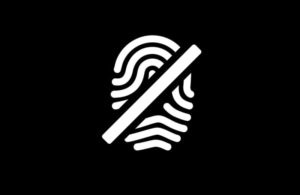
The federal Office of Personnel Management (OPM) is easing some of its hiring restrictions during the COVID-19 pandemic. The new guidelines specifically relate to the collection of fingerprints, which is typically required for new government employees.
Unfortunately, many of the offices that collect fingerprints are closed during the pandemic. As a result, agencies that need to onboard new employees can defer the fingerprint scan until a more convenient date. However, the requirement is not being waived. The OPM will follow up to make sure that all background checks are adjudicated properly, and all employees will eventually need to submit to a scan. There will simply not be any penalties if that process takes a bit more time while the guidance is in effect.
The new guidelines were handed down in a Wednesday memo from acting OPM Director Michael Rigas. He stressed that the new rules are temporary, and that agencies that still have the ability to collect and process fingerprints should continue to follow their normal protocols. The Defense Counterintelligence and Security Agency (DCSA), which is responsible for granting top-secret clearance, has implemented similar measures with regard to fingerprints.
The OPM will also be allowing agencies to carry out remote identity checks when issuing personal identity verification (PIV) credentials to new employees. Those checks are usually conducted in person, and an in-person follow-up will be required for anyone who goes through the remote screening process.
The Department of Homeland Security (DHS), meanwhile, will relax its Employee Eligibility Verification (Form I-9) requirements. According to the Immigration and Nationality Act, those identity and authorization documents must be reviewed in the physical presence of the employee, but agencies that are operating remotely can review those documents remotely for the time being.
The OPM is not the only organization that has adjusted its security protocols during the pandemic. For example, the NYPD has suspended the use of fingerprint recognition at its Manhattan headquarters. Companies like Yoti and Jumio, meanwhile, are offering free digital identity verification services to the public health organizations that are fighting the disease.
Source: Federal News Network
–
March 27, 2020 – by Eric Weiss








Follow Us